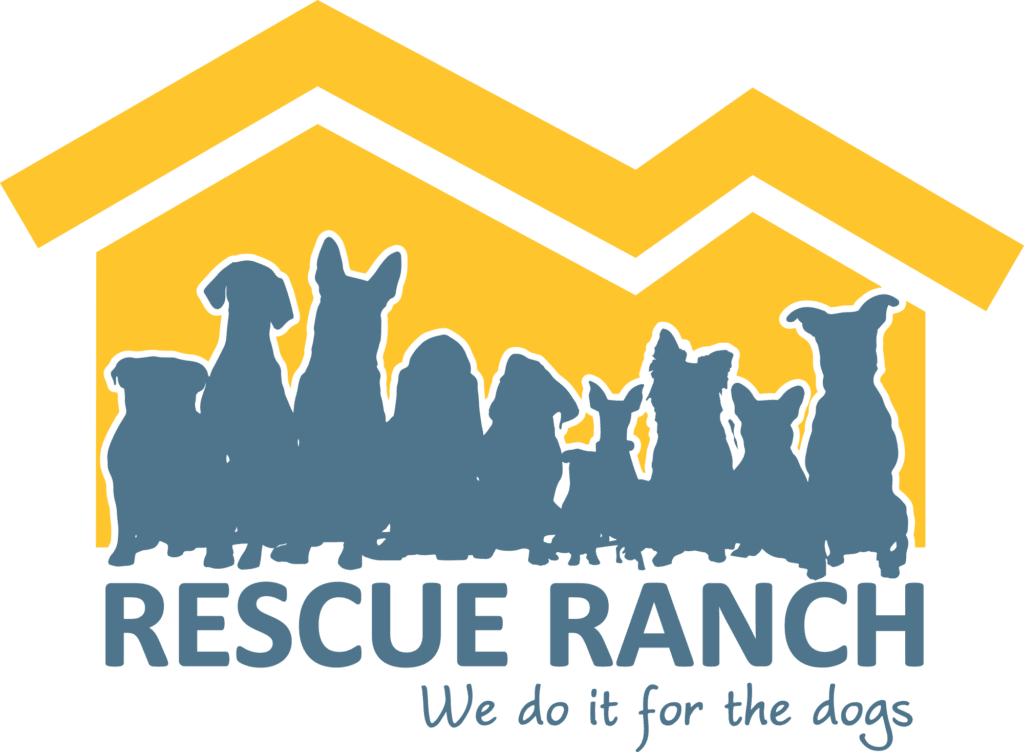The Rescue Ranch Foster Program
Rescue Ranch began its foster care program in October 2015 to help dogs with various special needs and/or to help with overflow from the shelter.
The Foster Program Coordinator determines which dogs are most in need of foster care. As an approved foster parent, you’ll receive emails from the Foster Program Coordinator providing a brief description of those dogs most in need of foster care. When you see a dog that might be a good match for your household and lifestyle, you simply contact Rescue Ranch to get the fostering process started.
Rescue Ranch will provide you with all the necessary supplies and medical support for your foster dog, support you throughout the entire process until your foster finds their new family, and will be available to address any questions or concerns.
Different fostering opportunities
- Long-term: Examples include special needs dogs, senior dogs, hospice cases. When you become a long-term foster, you become the new dog's family, but Rescue Ranch is responsible for healthcare, food, and other needs.
- Short-term: Fosters provide the dog with a home environment over a more limited period of time. Examples of dogs that might need short-term fostering: convalescing dogs, dogs who need a break from the shelter environment, dogs who need to learn house manners to increase chances at adoption.
- Foster-to-adopt: These are cases where a potential adopter takes a particular dog into their home with the intention of adopting if everything works out.
- Day Fostering: Some fosters choose to spend consistent, quality time with individual Rescue Ranch dogs. They visit the dog regularly, take them out for walks, hikes, field trips, and/or car rides.
- Puppies: Puppies are special cases. Examples include: pregnant dogs or one who has just whelped, weaned puppies who need socialization, feral puppies who are learning to live with humans for the first time, and older pups who need to continue their socialization and training until they find a home.
What kind of dogs need foster homes?
- Neglected or abused dogs needing extra TLC.
- Injured dogs and/or those recovering from surgery.
- Dogs suffering from “shelter stress” who need a calm home environment.
- Senior dogs.
- Dogs with terminal illnesses who require hospice care.
- Puppies and young dogs who need to experience what it means to live in home.
- Puppies too young and/or immature to be adopted.
- Pregnant dogs and mothers with puppies.
- Other special needs dogs.
- Any dog when the shelter becomes overcrowded.
Next Steps:
Still have questions? info@rrdog.org
